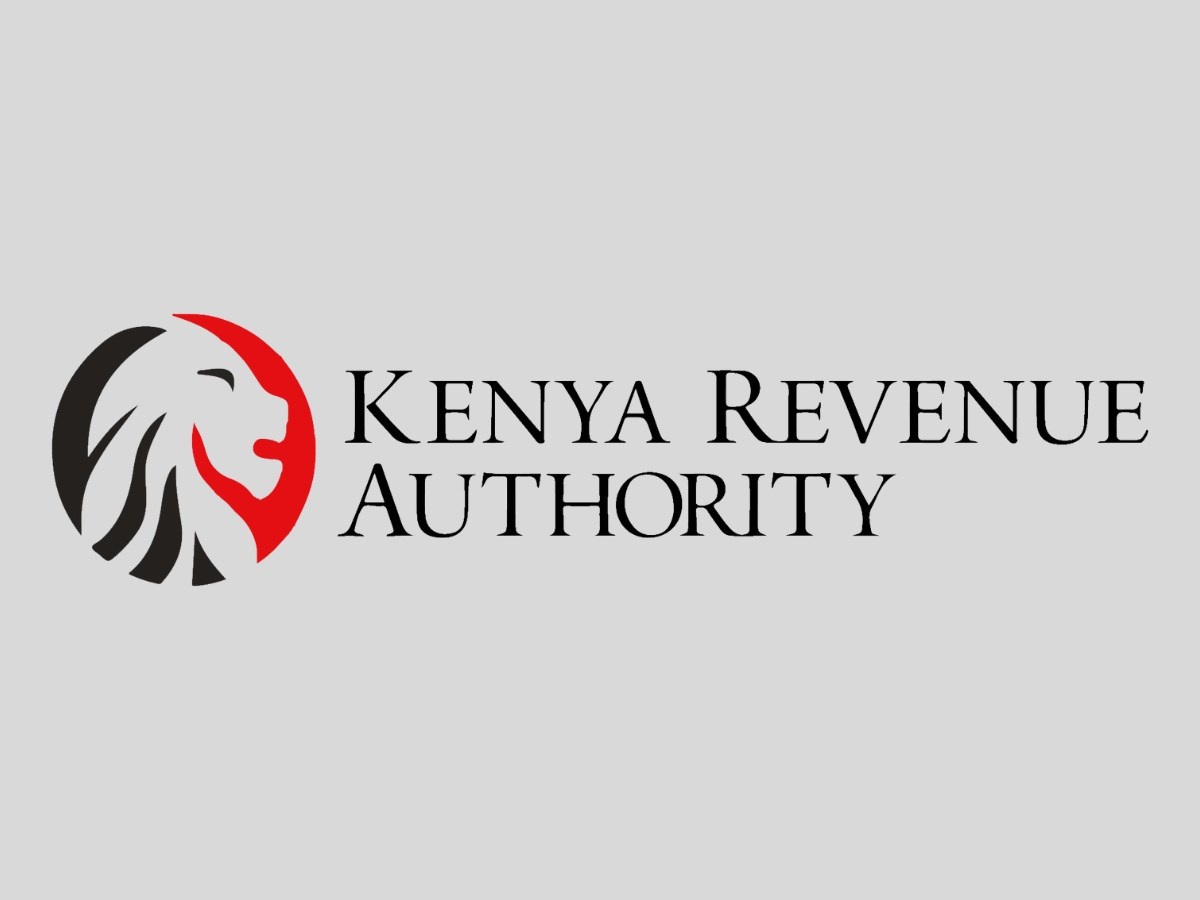Tax Planning Process in Kenya
AccutaxAfrica
October 13, 2023

Tax planning in Kenya is the process of understanding and managing your tax liabilities in order to minimize your tax burden. It involves a variety of strategies, including:
Keeping full books of accounts and documents. This is essential for supporting your tax returns and avoiding excessive tax assessments in case of an audit. Your books of accounts should be accurate and up-to-date, and you should have all supporting documents intact, such as receipts, invoices, and bank statements.
Taking advantage of all available tax deductions and credits. There are a variety of tax deductions and credits available to businesses and individuals in Kenya. Tax planning can help you identify and take advantage of all of the deductions and credits
that you are eligible for.
Deferring taxable income. In some cases, it may be possible to defer taxable income to a later year, when you may be in a lower tax bracket. This can be done through a variety of strategies, such as investing in tax-advantaged retirement accounts or deferring bonuses and commissions. Structuring your business in a tax-efficient manner. The legal structure of your business can have a significant impact on your tax liability. Tax planning can help you choose the most tax-efficient business structure for your needs.
Managing your cash flow. Tax planning can also help you manage your cash flow by ensuring that you have enough money on hand to pay your taxes when they are due. This can help you avoid late penalties and interest charges.
Here are some additional tax planning tips for businesses in Kenya:
• Invest in capital assets. The Income Tax Act allows businesses to claim capital allowances on certain capital expenditures, such as machinery and equipment. This can help to reduce your taxable income.
• Contribute to pension schemes. Contributions to registered pension schemes are tax- exempted up to a maximum of Sh20,000 per month or Sh240,000 per year. This is a great way to reduce your taxable income and save for retirement at the same time.
• Take advantage of export incentives. The Kenyan government offers a variety of
incentives to businesses that export their goods and services. These incentives can include tax breaks and duty-free imports.
• Hire a qualified tax advisor. A qualified tax advisor can help you develop a tax plan that is tailored to your specific needs. They can also help you to comply with all applicable tax laws and regulations.
It is important to note that tax planning is not about tax avoidance. Tax avoidance is the illegal use of schemes or strategies to reduce one’s tax liability. Tax planning, on the other hand, is the legal use of all available deductions and credits to minimize one’s tax burden.
If you are a business owner in Kenya, it is important to develop a tax plan. This can help you to save money on taxes and grow your business.


